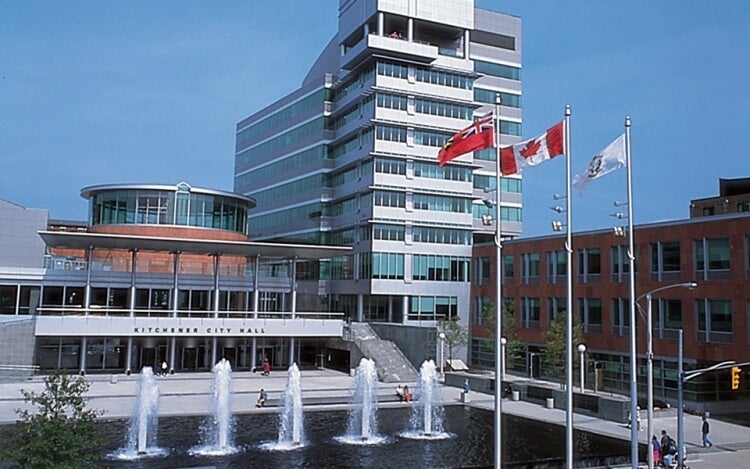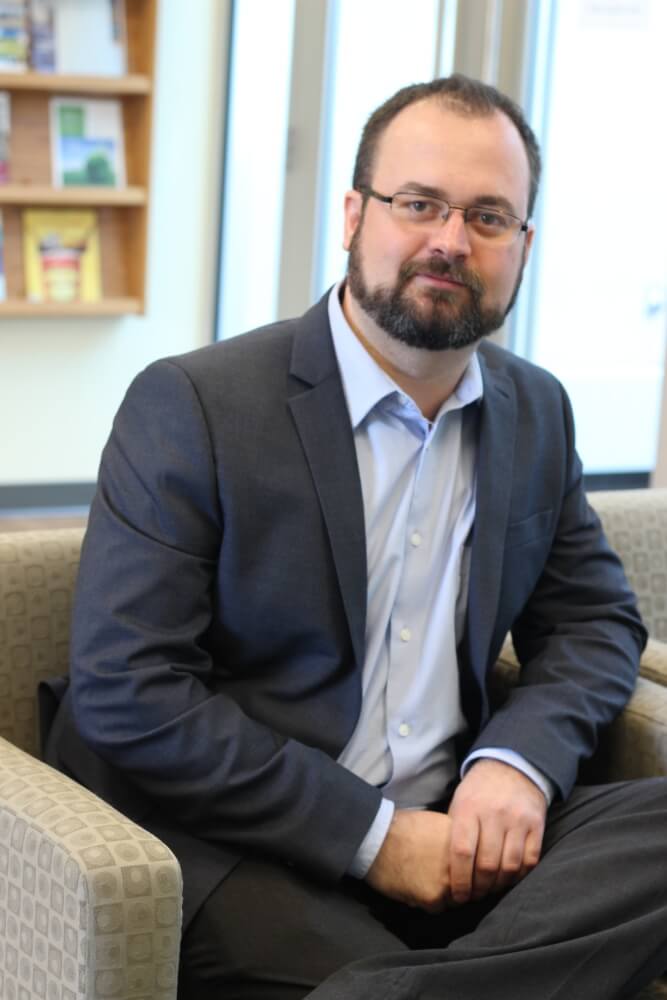Have you ever wished you could have a say in how your city dollars are spent? It might happen sooner than you think.

By: Farrah Hasan
Communications and Social Media Associate
Faculty of Environment
Kitchener City Council recently approved plans to implement an experimental participatory budget project, led by School of Environment, Enterprise and Development professor (SEED) Sean Geobey. The project will give Kitchener residents a democratic voice in how the city spends some of its budget, while at the same time, giving the City of Kitchener less to guess about when it comes to what their communities and neighborhoods need.

Participatory budgeting began in Brazil and has recently spread to North America. Kitchener is the fourth city in Ontario to implement one, following on the heels of Guelph, Hamilton and Toronto. Geobey says the experimental project is a part of the Smart Region Initiative, a joint venture between the University of Waterloo and local governments in the Waterloo Region designed to advance local initiatives by leveraging academic expertise and creating collaborative partnerships. “This is a really strong signal of us working together both inside and outside of Ring Road.”
“Elements of participatory budgeting have been tied to my research for quite a while now,” Professor Geobey explained. “It was really exciting that they approached the University to work with them in designing it.”
Through the Smart Cities Initiative, Sean Geobey and his grad students, Norman Kearney and Sean Campbell, were partnered with the city to work towards making the budget a reality. “Kitchener wanted to figure out when and how to use participatory budgeting, and we wanted to experiment with different ways of participatory budgeting to see when different designs are likely to be more or less effective. It is rare for research and practical objectives to line up so well.”
The goals of the initial pilot budgets are to nail down design features and determine what works best to engage various demographics within the community. Geobey also hopes to produce some solid research on participatory budgeting, which is currently lacking. “Doing this experimentation in such a systematic, focused and research-oriented way will really produce some results that I think the rest of the world is going to want to look at.”
This is only the start of what Professor Geobey hopes will be a continuing topic of research. “What we’re working on really can have an international impact, and if we’re going to make participatory budgeting and other innovative government processes usable by people, by cities, by jurisdictions everywhere in the world, we’re going to need more work like this.”
The city and Geobey’s team are now collaborating with a shared appetite to start the process and community outreach this summer. They expect final sign-off from City Council in June and hope to have the first budget implemented by t